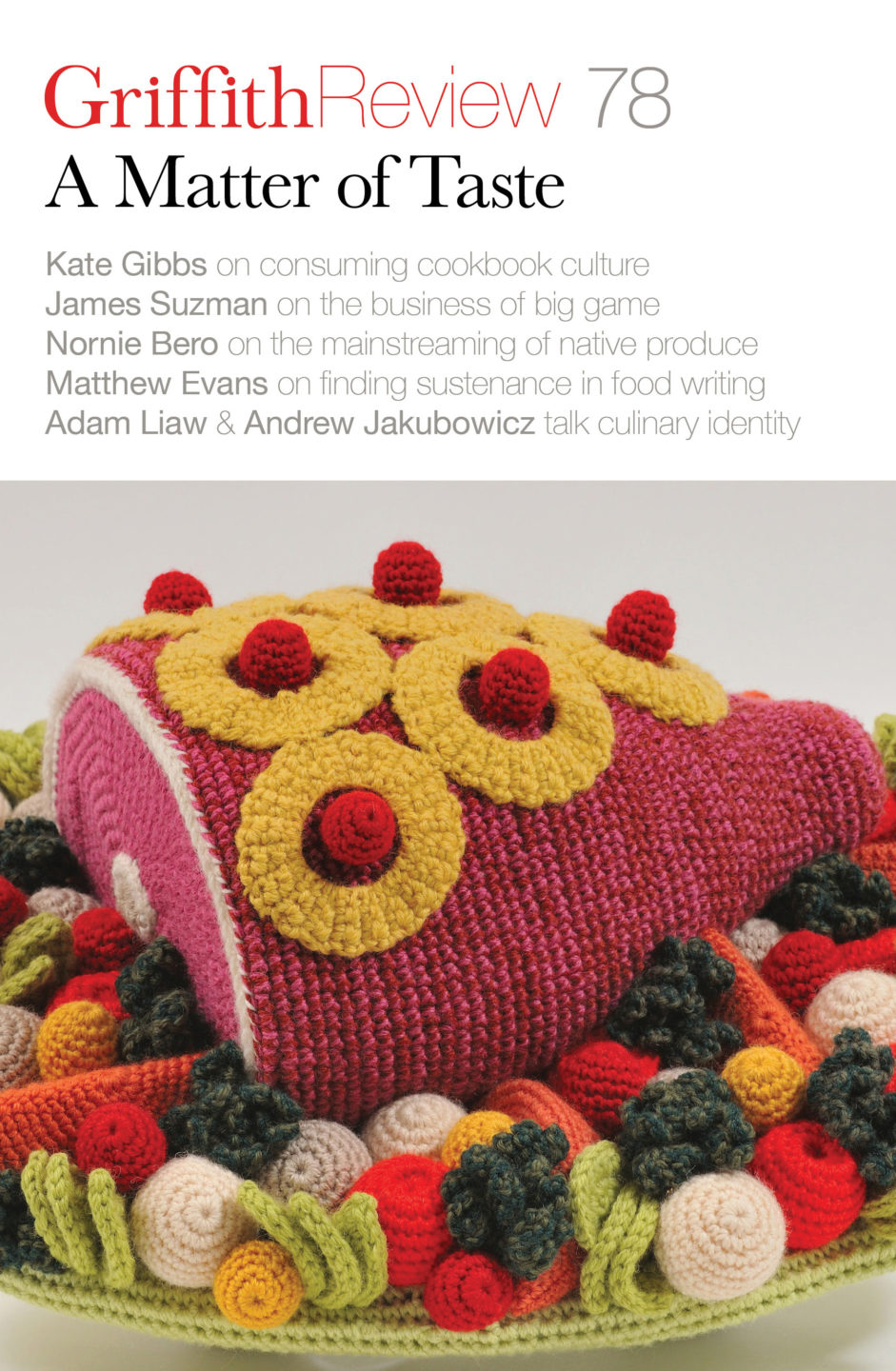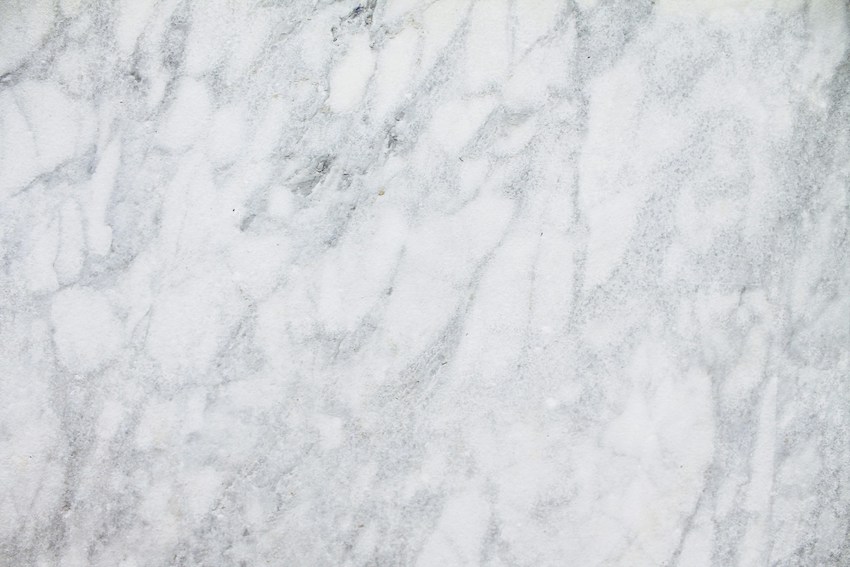Featured in

- Published 20221101
- ISBN: 978-1-922212-74-0
- Extent: 264pp
- Paperback (234 x 153mm), eBook


Already a subscriber? Sign in here
If you are an educator or student wishing to access content for study purposes please contact us at griffithreview@griffith.edu.au
Share article
More from author

Know thyself
We spoke to the genetic counsellor and the doctors. I had more than a 70 per cent risk of breast cancer and close to a 50 per cent risk of ovarian cancer in my lifetime. This would require vigilant surveillance, but with ovarian cancer there is no reliable screening method. It can already be advanced before it’s detected, which is what happened with my mother.
My mind kept taking me back to those sandy ruins and the Pythia. Those characters in mythology who tried to avoid their fate even when she had given them the answer. You can run but you can’t hide from destiny. Enter the acts of dramatic surgical intervention. Like a deus ex machina, but without the gods, just the science.
More from this edition

The long supper
FictionNadia herself was unremarkable. She spoke little and staked little claim. She ate in moderation (always in private). She exercised moderately (always indoors). Books were the exception; those, she binged.

Languages
Poetrythe sky keeps no secret but a rainbow

Body of work
In ConversationThe ’50s were a time of tremendous optimism and energy, yet they also had a dark underbelly. It was a time when women’s roles were diminished – they were often expected to stay home and be housewives. In the US, African Americans were living under segregation, particularly in the south, which caused significant racial tension. There will always be negative and dark aspects whenever human nature is involved. My paintings straddle a fine line between humour and horror.